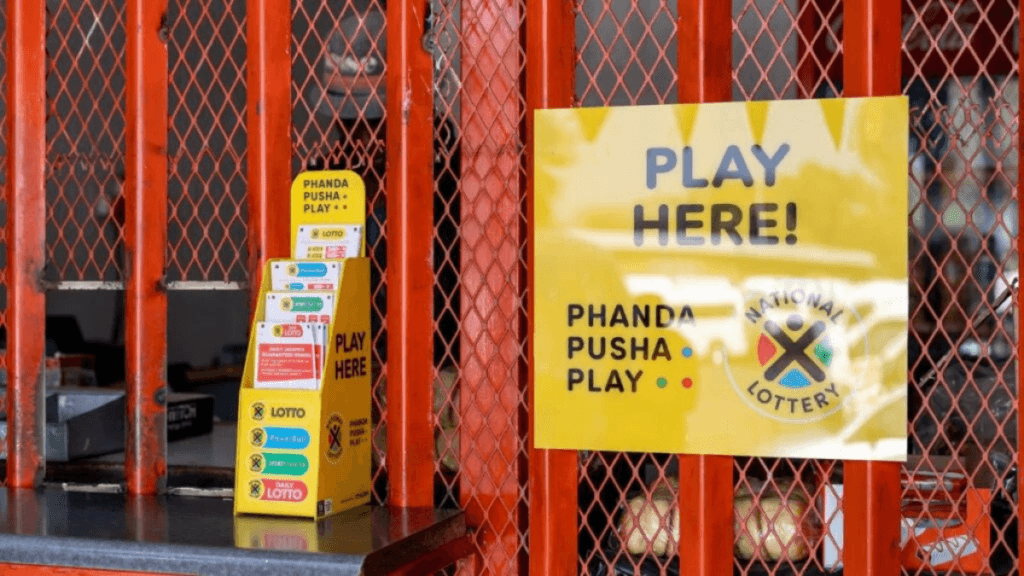The National Lottery is more than just a chance to win life-changing jackpots—it is a powerful economic engine that fuels growth and supports small businesses across South Africa. Every ticket purchased contributes to community development, job creation, and the sustainability of local enterprises.
In this article, we’ll explore how the National Lottery plays a vital role in economic growth and how it directly impacts small and medium-sized businesses (SMEs).
1. The National Lottery as an Economic Driver
Since its inception, the South African National Lottery has generated billions of rands for economic development. A significant portion of ticket sales is allocated to social investment projects, infrastructure improvements, and entrepreneurial support, ensuring that the money circulates within the economy.
Direct Contributions to the Economy
- Revenue Generation: The National Lottery contributes billions of rands annually to the South African economy, supporting both public sector initiatives and private enterprises.
- Job Creation: The lottery ecosystem supports thousands of direct and indirect jobs, from retail operators and ticket sellers to logistics, marketing, and administration roles.
2. Supporting Local Businesses Through Grants & Funding
The National Lotteries Commission (NLC) plays a crucial role in distributing lottery funds to various industries, including arts, sports, charities, and entrepreneurship initiatives. This funding provides much-needed capital to small businesses, cooperatives, and non-profit organizations (NPOs) that contribute to job creation and economic upliftment.
How Local Businesses Benefit from the National Lottery:
✅ Access to Grants: Many SMEs receive funding from the National Lottery to expand their operations, purchase equipment, or train employees.
✅ Supplier Contracts: Lottery operations require logistics, technology, printing, and marketing services, creating business opportunities for local suppliers.
✅ Retailer Commissions: Small retailers selling lottery tickets earn commissions, increasing their revenue and foot traffic.
A prime example is spaza shops and small convenience stores, which rely on the additional income from lottery ticket sales to sustain their businesses.
3. Infrastructure Development & Community Growth
Lottery funds are also directed toward infrastructure development, benefiting both urban and rural areas. These investments stimulate local economies by:
🔹 Building Schools & Clinics: Enhancing access to education and healthcare improves workforce productivity.
🔹 Funding Sports & Arts Programs: Encouraging youth engagement in community activities fosters local talent and business opportunities in related industries.
🔹 Supporting Tourism & Events: Many cultural festivals, tourism initiatives, and local events receive funding, driving business for vendors and service providers.
This level of reinvestment into the economy creates a cycle of growth, ensuring that small businesses and entrepreneurs thrive.
4. Boosting Consumer Spending & Economic Circulation
The National Lottery plays a significant role in stimulating consumer spending, particularly through:
💰 Winnings Reinvestment: Lottery winners often reinvest their money into the economy by purchasing property, cars, and luxury goods, boosting various industries.
🏪 Increased Retail Sales: Small businesses benefit from increased traffic as consumers visit stores to purchase tickets and other goods.
📈 Financial Inclusion: The lottery provides financial support for community-based initiatives, increasing economic participation.
Final Thoughts: A Game of Growth
The National Lottery is more than a game of luck—it’s a catalyst for economic growth and local business development. Through revenue generation, grants, and direct support for retailers, the lottery system plays a crucial role in sustaining South Africa’s economy.
By purchasing a ticket, players indirectly contribute to job creation, community upliftment, and small business success, making it a win-win for individuals and the nation.
Also Read: Is Gambling a Legit Way to Make Money?
